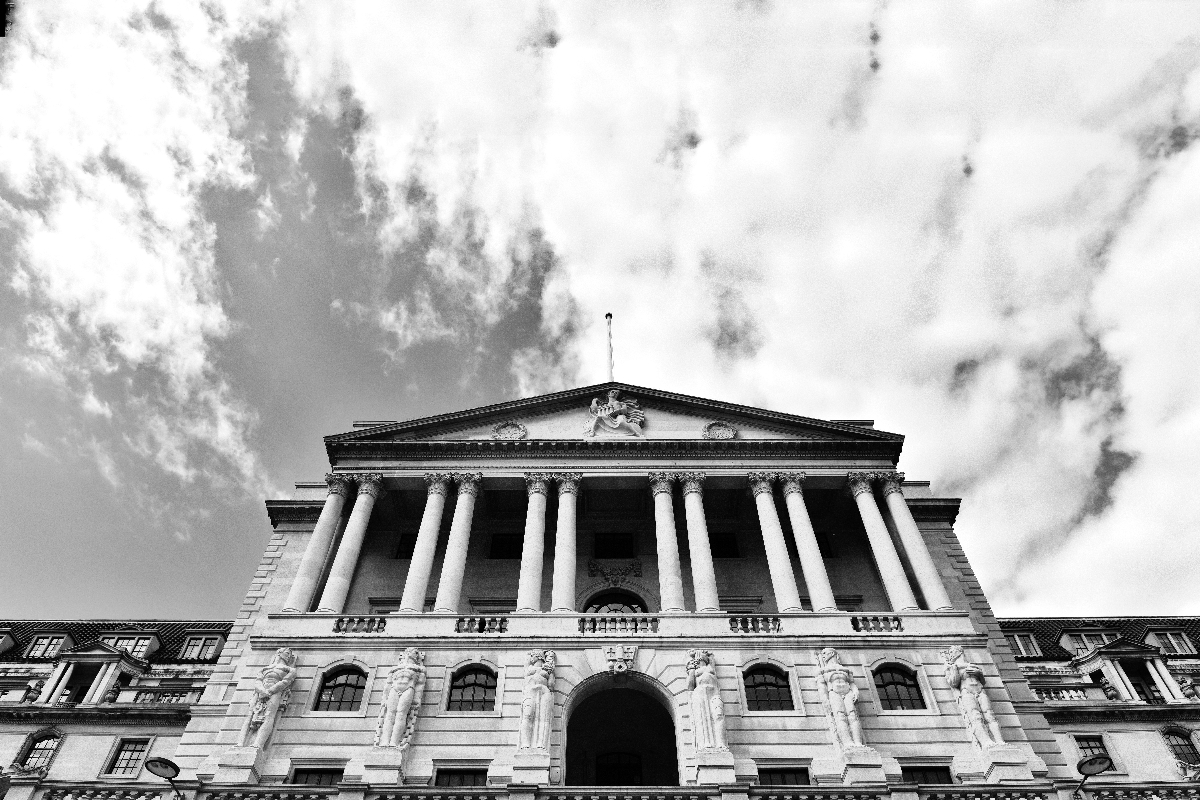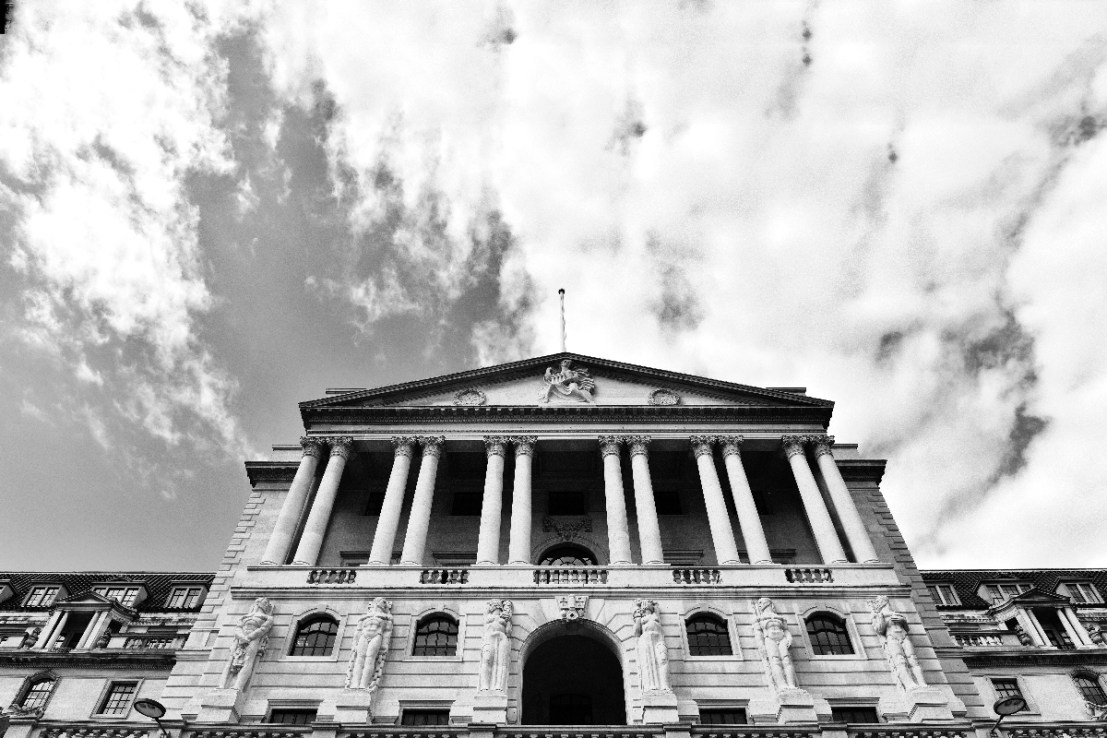UK inflation spikes ahead of Bank of England rates decision
UK inflation spiked to 2.6 per cent ahead of the Bank of England’s meeting to decide interest rates later this week. Year-on-year inflation matched expectations of 2.6 per cent in November, up from 2.3 per cent in October, data from the Office for National Statistics revealed. Meanwhile, core inflation, which strips out volatile commodities like [...]

UK inflation spiked to 2.6 per cent ahead of the Bank of England’s meeting to decide interest rates later this week.
Year-on-year inflation matched expectations of 2.6 per cent in November, up from 2.3 per cent in October, data from the Office for National Statistics revealed.
Meanwhile, core inflation, which strips out volatile commodities like food and energy, rose to 3.5 per cent from 3.3 per cent in October. However, this was slightly below the expectations of 3.6 per cent.
Falling inflation earlier this year had given members of the BoE’s Monetary Policy Committee (MPC) confidence to lower interest rates in August and November.
The headline rate fell to 1.7 per cent in September but has since been driven higher by rising energy costs. Services inflation, which is being closely monitored by the Bank of England for signs of domestic price pressures, has also remained elevated.
However, today’s figures showed that services inflation remained steady from last month at five per cent, versus the 5.1 per cent figure expected by the market.
Despite the numbers, the Bank of England is still expected to keep interest rates on hold at its meeting later this week, and markets are still split over whether it will cut rates at its meeting in February.
Inflation is expected to rise further in the coming year, with the UK taking a more gradual approach to easing monetary policy than other developed central banks.
“While risks to this base case are tilted towards a more dovish outcome, given increasing signs of overall economic momentum stalling, policymakers will be rapidly seeking convincing signs of disinflationary progress being made, as the economic cocktail facing UK Plc. increasingly becomes a stagflationary one,” said Michael Brown, senior research strategist at Pepperstone.
The news comes following data released on Tuesday that showed much higher than expected wage growth, with average earnings, including bonuses, rising 5.2 per cent compared to 4.6 per cent estimates and previous figures of 4.4 per cent.
Chancellor to the Exchequer, Rachel Reeves said: “I know families are still struggling with the cost of living and today’s figures are a reminder that for too long the economy has not worked for working people.
“I am fighting to put more money in the pockets of working people. That’s why at the Budget we protected their payslips with no rise in their national insurance, income tax or VAT, boosted the national living wage by £1,400 and froze fuel duty.
“Since we arrived real wages have grown at their fastest in three years. That’s an extra £20 a week after inflation. But I know there is more to do. I want working people to be better off which is what our Plan for Change will deliver.”



